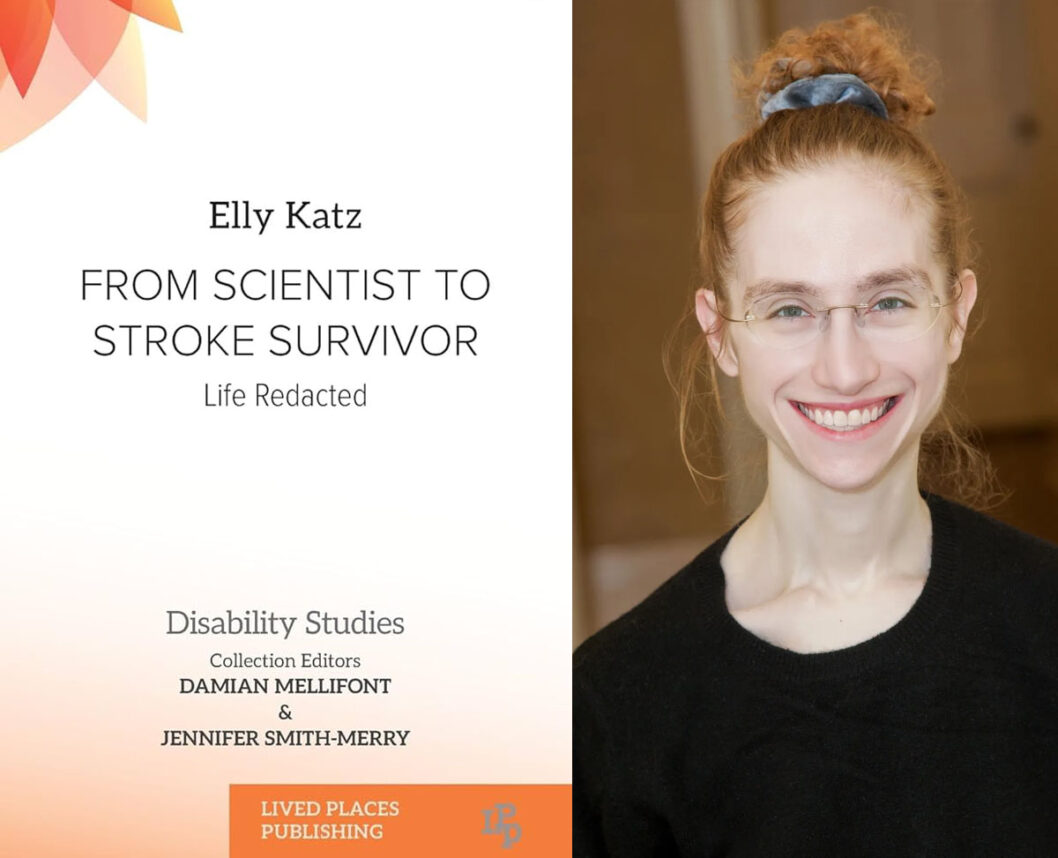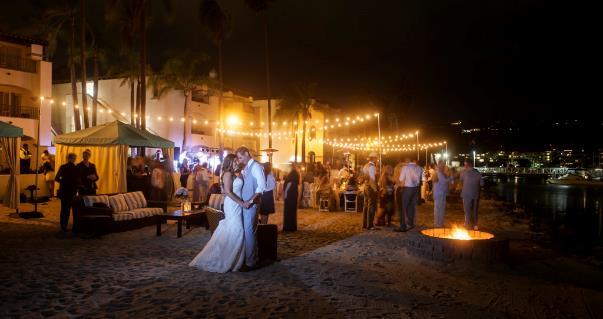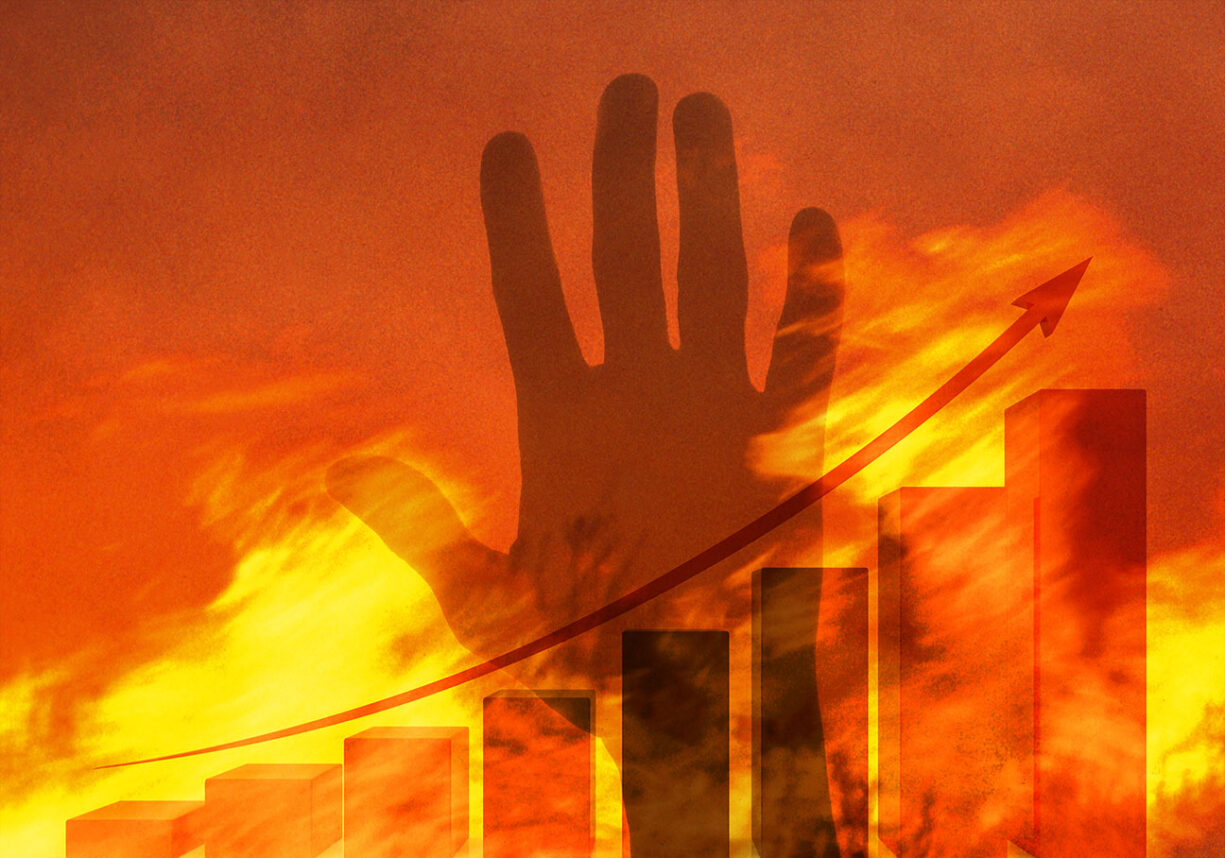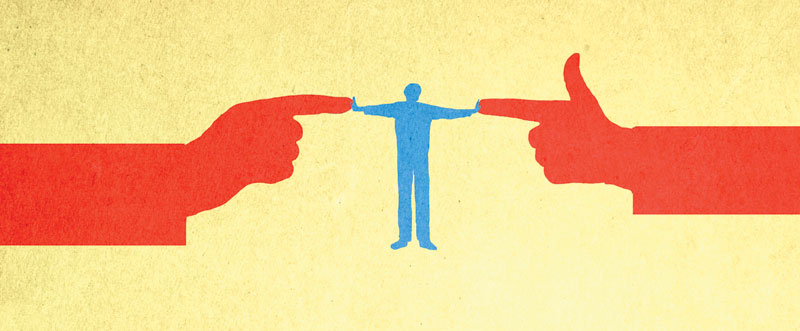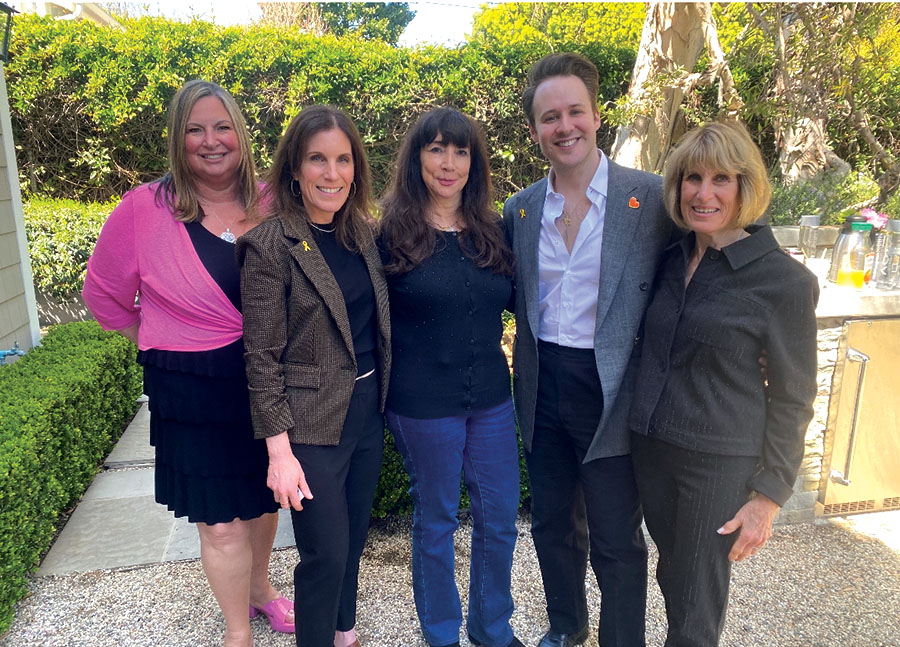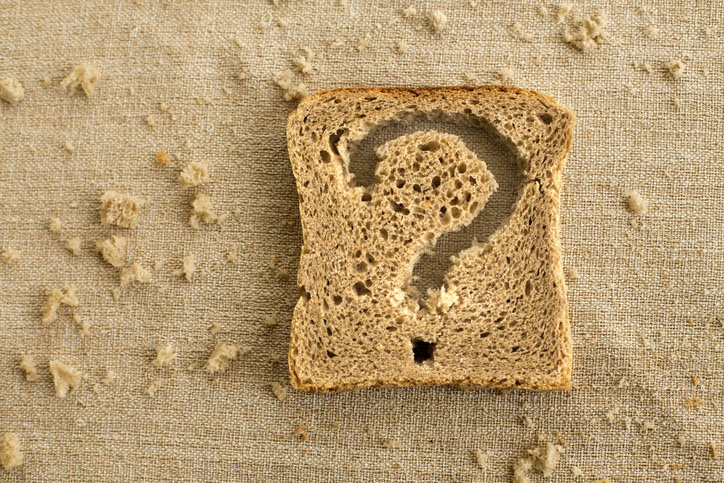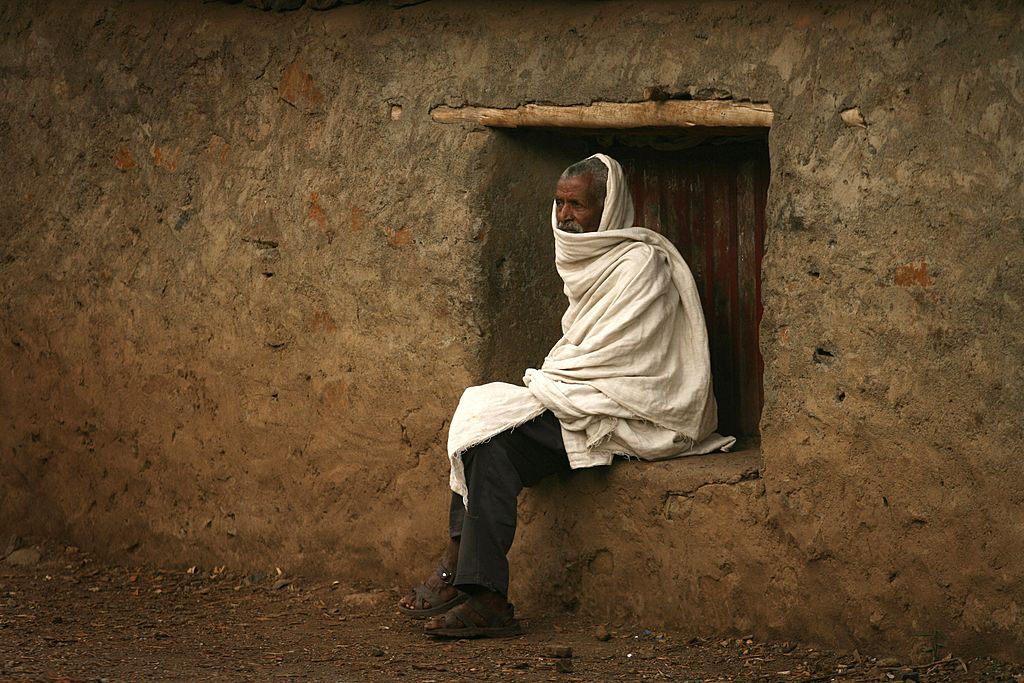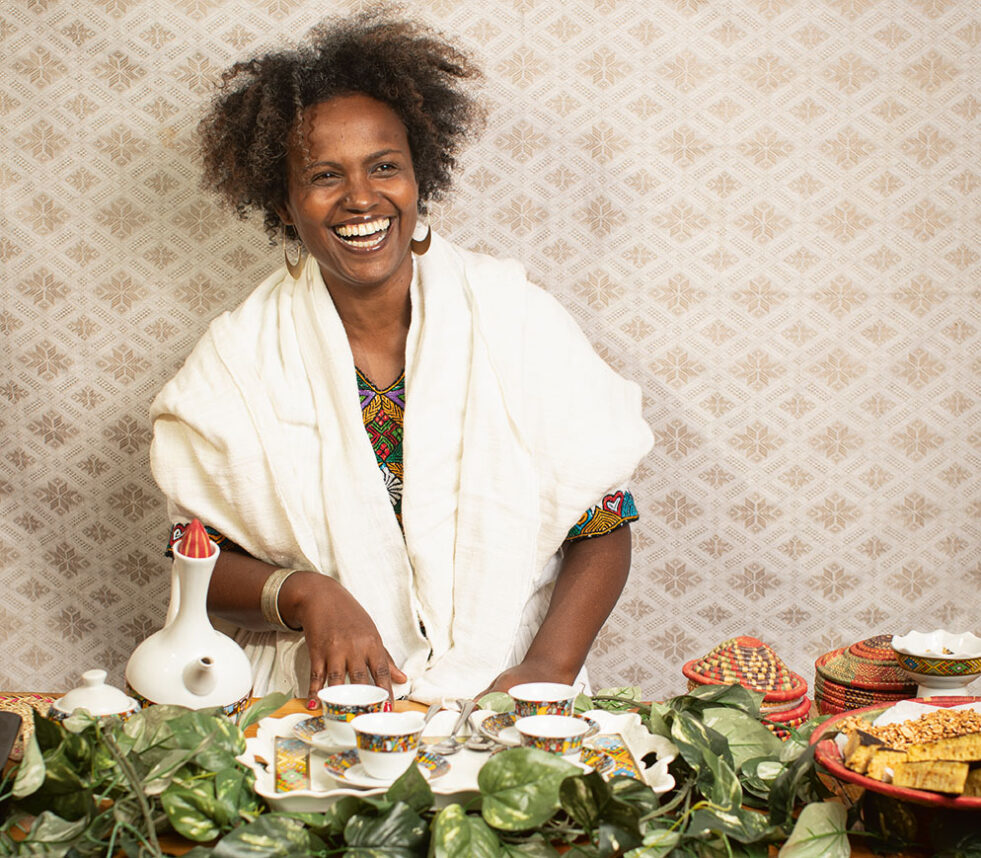
Nearly 400 people gathered in the Gindi Auditorium at American Jewish University (AJU) on March 24 for the screening and discussion of the documentary film “Who Will Write Our History.”
The 2018 documentary from director Roberta Grossman tells the story of how, in November 1940, days after the Nazis sealed 450,000 Jews in the Warsaw Ghetto, a secret group led by historian Emanuel Ringelblum and known by the code name Oyneg Shabes vowed to defeat Nazi lies and propaganda with pen and paper. They risked everything so that their archive would survive, even if they did not.
In her introduction for the program, Laura-Beth Sholkoff, interim director at the Whizin Center for Continuing Education at American Jewish University, said that as the daughter of a child survivor of the Holocaust and the mother of a past March of the Living participant, it was especially moving for her to participate in the evening.
The post-screening discussion included Grossman, who also wrote and produced the film; its executive producer Nancy Spielberg; and Michael Berenbaum, an AJU professor of Jewish studies and director of AJU’s Sigi Ziering Institute.
AJU partnered with Builders of Jewish Education and the Jewish Historical Society of Southern California to host the event.

The “Jewish Women Foodies: Tradition & Innovation” program on March 10, organized by The Jewish Women’s Theatre (JWT) group, drew a strong turnout that filled the room at The Braid in Santa Monica. The mid-morning event treated attendees to a light brunch, after which there was plenty of food for thought.
Beth Ricanati, author of “Braided: A Journey of a Thousand Challahs,” kicked off the program with a challah-making demonstration. As she combined ingredients, Ricanati shared her story as well as what she learned when she started baking challah every week. Challah-baking, she said, taught her the power of ritual, community and food as medicine.
After Ricanati’s demonstration, she was joined on stage by cookbook authors Amelia Saltsman (“The Seasonal Jewish Kitchen”) and chef and restaurateur Susan Feniger of Border Grill to share their connections with and love of food. Among the topics, Saltsman talked about shopping for and cooking with locally grown produce, and Feniger shared her journey from chef to restaurateur. JWT advisory council member Maureen Rubin moderated the panel.
“We are thrilled that so many of our members of our JWT community are attending our ‘Sunday Morning at the Braid’ events,” Rubin said in an interview. “Our panelists for Jewish Women Foodies cooked up some real treats for our audience and [their] backstories [were] entertaining and inspirational.”
— Debra Eckerling, Contributing Writer

Photo by Ella Hovsepian
About 100 people gathered in the backyard of a private home in Hancock Park on March 27 for an evening of storytelling on the topic of loss. The event, a benefit for Temple Israel of Hollywood (TIOH), featured stories and music on the subject by writers and actors.
The event was co-hosted by Jessica Queller, author of the loss memoir “Pretty Is What Changes” and executive producer of the TV series “Supergirl,” and Gabrielle Birkner, co-author of “Modern Loss.”
Actors Kate Burton (“Grey’s Anatomy,” “Scandal”), Willie Garson (“Hawaii Five-O,” “White Collar,” “Sex and the City”), actor-singer-writer Daniel Beaty, actor-writer Jon Sklaroff, writer-director David Bar Katz, writer-producer Emily Ziff Griffin and writer-comedian Dani Klein Modisett shared personal stories of loss.
Writer and composer Ryan Langer performed a few of his “mourning songs,” 15-second original tunes he posted daily for a year on his Instagram account after the murder of his father.
“Every morning,” Langer said, “I would get up, down some coffee, head to the baby grand in the living room, pull out a Post-it note, and crack my knuckles to create a 15-second song about whatever was on my mind,” Langer told the attendees. “It was a way to stay creative and ‘take time for myself,’ as all the books and professionals advised.”
Langer noted that others expected a year to be enough time for him to move on. “But nothing special happens between day 365 and 366,” he said. “In Year One, there are a lot of grief-related logistics. In Year Two, there’s a lot of … grief, and without the cushions that were set up for you that first year.”
Birkner, the author and co-host, said: “There’s power in people sharing their loss stories — in ways that are candid and vulnerable and aren’t afraid to incorporate humor — and there’s power in bearing witness to those stories. Grief is something that every human has experienced or will experience, but it can still feel like such a lonely road. Talking about it openly helps. It connects us to one another. It builds community.”
TIOH Rabbi Jocee Hudson added: “It is clear that folks are looking for opportunities to share and connect around experiences of loss and grief. We believe that experiences like this can be fostered in a warm, communal environment filled with storytelling, good food, laughter and tears.”
— Esther D. Kustanowitz, Contributing Writer
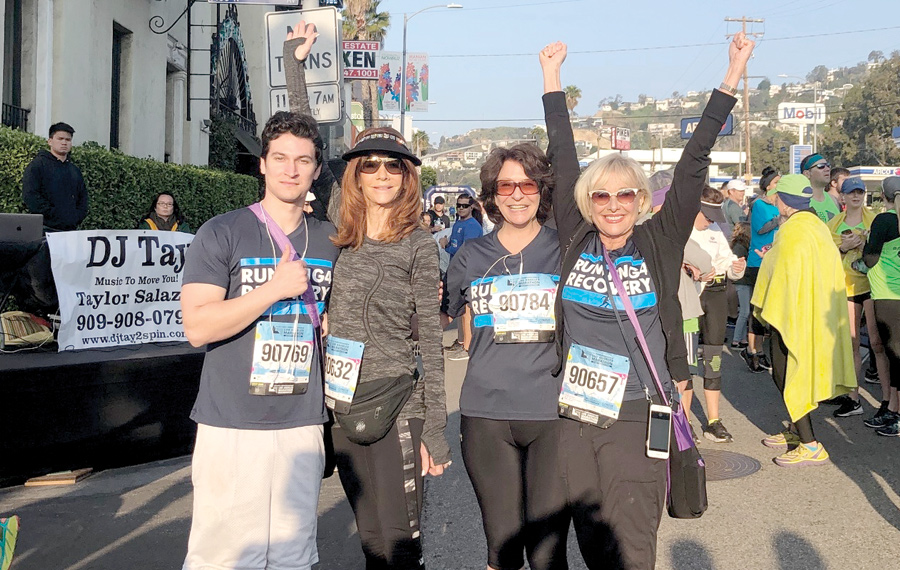
Beit T’Shuvah’s Running 4 Recovery team took to the streets on March 24 as a featured charity in the Los Angeles Marathon. More than 24,000 people participated in the iconic 26.2-mile race, which began at Dodger Stadium and ended near the Santa Monica Pier.
“[The marathon] is the ultimate community builder, and the Beit T’Shuvah community was out in full force to cheer on the runners as they made their way ‘from the stadium to the sea,’ ” a Beit T’Shuvah statement said.
The Beit T’Shuvah team had 51 members, including 36 residents and 15 community partners comprised of staff, board members and friends, including Pat Gage, a former Beit T’Shuvah board member and longtime supporter.
“One day at a time, one step at a time; goals can be reached, whether it’s a marathon or recovery,” Gage said. “We are all in it together.”
The Running 4 Recovery team raised $116,000 and received donations from approximately 1,500 people. The funds raised from the marathon will help Beit T’Shuvah’s recovery program and provide scholarship support for the program’s residents who need financial assistance to subsidize their treatment.

About 100 students from Pressman Academy and IsIah Academy participated in a day of activities to build bridges between Muslims and Jews.
The jam-packed day of activities March 28 kicked off with a praying circle leading to baking bread, participating in the ancient ritual of council and learning about the partnership between Muslims and Jews in Morocco during the Holocaust.
The students also got to play games together and write a song with Jewish indie pop band Distant Cousins that they then performed at the end of the day. Rabbi Chaim Tureff of Pressman Academy said, “it was a truly memorable day.”
Want to be in Movers & Shakers? Send us your highlights, events, honors and simchas. Email ryant@jewishjournal.com.









